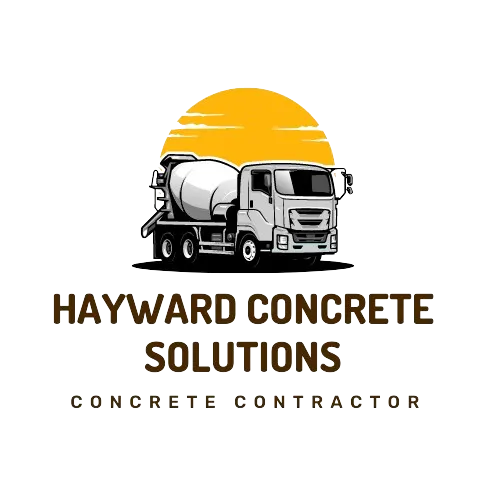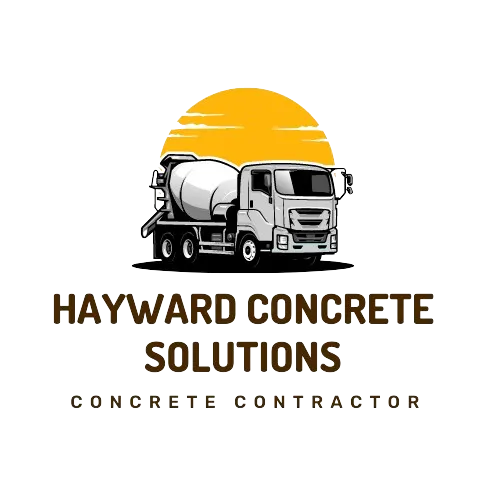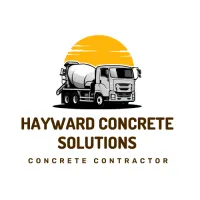Blog > Hayward Concrete Solutions Articles
Hayward Concrete Solutions Article Library
Welcome to the Hayward Concrete Solutions Blog Article Library, a valuable resource designed to connect homeowners like you with the world of concrete craftsmanship and innovation.
Our blog serves as a hub for those seeking inspiration and information about the remarkable potential of concrete in transforming your living spaces.
Whether you're planning a home improvement project, considering a renovation, or simply intrigued by the beauty of concrete, our library of articles is here to empower you with knowledge and insights. Join us on a journey of exploration as we unveil the incredible possibilities of concrete and showcase the exceptional creations that await you.
At Hayward Concrete Solutions, we're not just a contractor; we're your partner in creating concrete masterpieces that enhance your home's beauty and functionality.
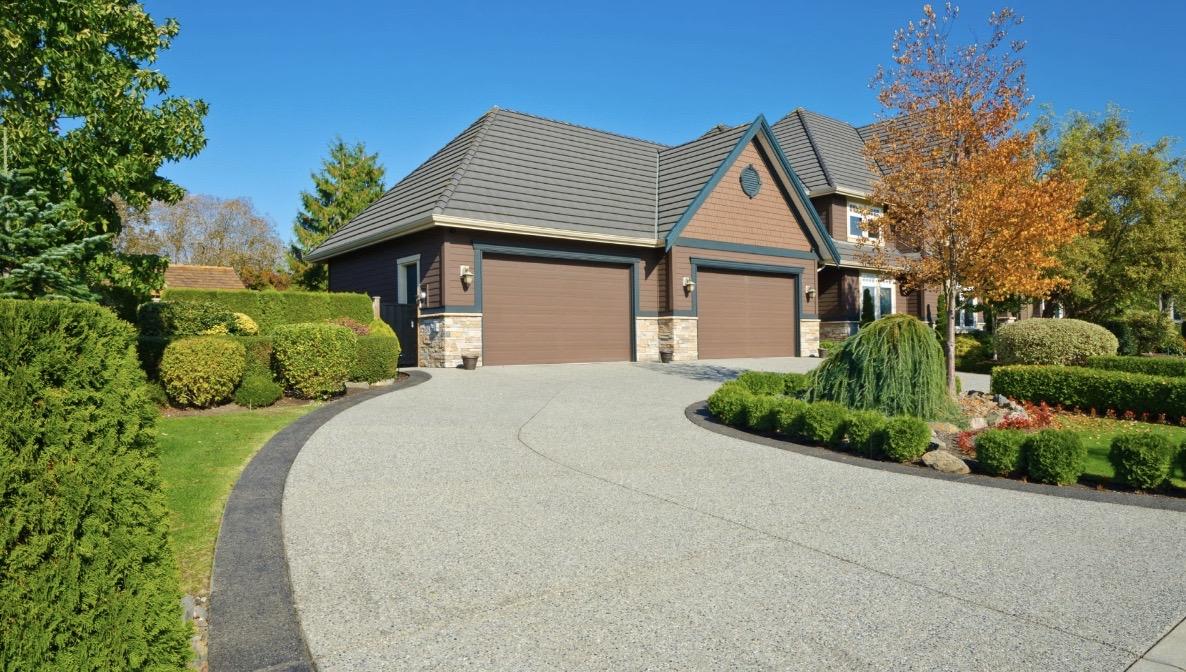
Hayward Concrete Solutions Article Library
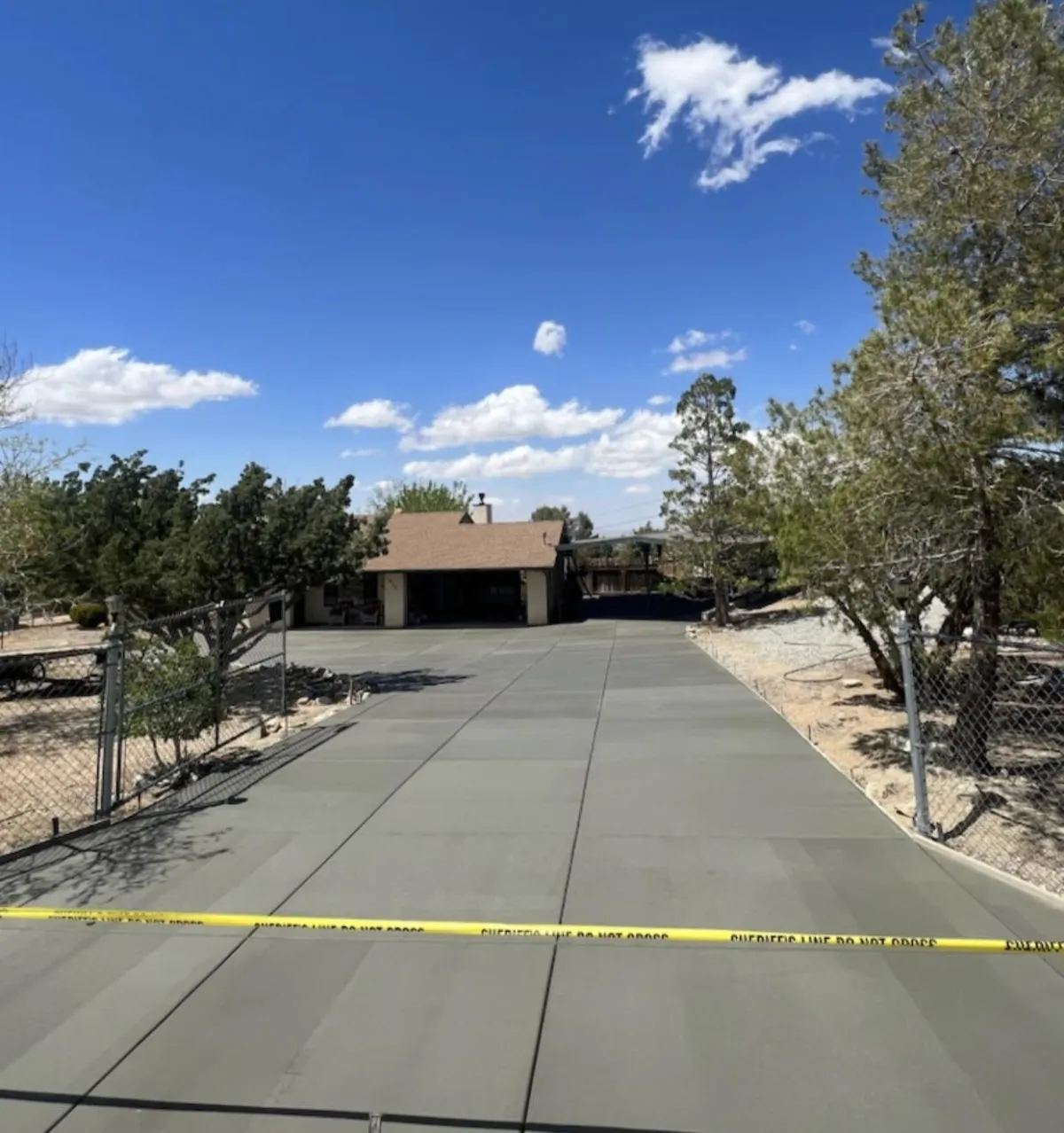
Exploring the Downsides of a Concrete Driveway
Concrete driveways are renowned for their durability and longevity, but like any construction choice, they come with their own set of drawbacks that homeowners should consider. While concrete offers several advantages, including strength and low maintenance, it's important to weigh these against potential downsides before making a decision. Here’s a detailed exploration of the disadvantages of opting for a concrete driveway.
Initial Cost Considerations
One of the primary drawbacks of concrete driveways is their initial cost. While they are cost-effective in the long term due to their durability and minimal maintenance requirements, the upfront installation cost can be significantly higher compared to alternative paving materials such as block or brick paving. This initial expense can be a deterrent for homeowners, especially when covering large surface areas.
Repair and Maintenance Expenses
Concrete driveways, while durable, are not immune to damage. Over time, factors like heavy vehicle traffic, freeze-thaw cycles, and settling of the ground beneath can cause cracks or surface wear. Repairing concrete can be costly, especially for extensive damage or if the entire driveway needs resurfacing. Regular maintenance, such as sealing and crack repair, is necessary to prolong the driveway's lifespan and prevent minor issues from escalating.
Aesthetic Limitations
Although concrete driveways can be customized with various finishes and colors, they may lack the aesthetic appeal and intricate designs available with materials like brick or natural stone pavers. The appearance of concrete can be perceived as plain or utilitarian, which may not suit every homeowner's preference for a decorative driveway.
Potential for Cracking
Concrete is susceptible to cracking, particularly in regions with significant temperature fluctuations or poor soil conditions. While proper installation and reinforcement can minimize cracking, it remains a common issue that can detract from the driveway's appearance and structural integrity over time. Severe cracking may require professional repair or replacement, adding to the overall maintenance costs.
Longevity Concerns
While concrete driveways are durable and can last for several decades with proper care, their longevity can be influenced by factors such as subgrade preparation, drainage, and climate. In areas prone to expansive soils or frequent freeze-thaw cycles, concrete driveways may experience more significant wear and require earlier replacement or repairs compared to alternative materials.
Environmental Considerations
Concrete production is resource-intensive and can have environmental impacts due to the extraction of raw materials and energy consumption during manufacturing. While concrete driveways are recyclable and can contribute to energy efficiency by reducing heat absorption, their initial carbon footprint may be higher compared to more eco-friendly paving options.
Installation Challenges
Installing a concrete driveway requires careful planning and professional expertise. Improper installation can lead to issues such as uneven surfaces, poor drainage, or premature cracking. Ensuring proper subgrade preparation, adequate curing time, and appropriate thickness are essential to achieving a durable and functional driveway.
Conclusion
While concrete driveways offer durability, minimal maintenance, and long-term cost-effectiveness, they are not without their drawbacks. Homeowners considering concrete should weigh factors such as initial cost, repair expenses, aesthetic preferences, and environmental considerations before making a decision. Understanding the potential downsides allows for informed planning and proactive maintenance practices, ensuring that your concrete driveway remains an asset to your home for years to come. Whether you prioritize longevity, low maintenance, or aesthetic appeal, evaluating both the advantages and disadvantages will help you make the best choice for your driveway paving needs.
Contact Us
Service Hours
Social Media
2026 | Hayward Concrete Solutions | Rights Reserved
This site is owned & operated by: ABC Concrete Inc (Lic #: 1114281)
Powered By: House Reno Profits
Blog > Hayward Concrete Solutions Article Library
Hayward Concrete Solutions Article Library
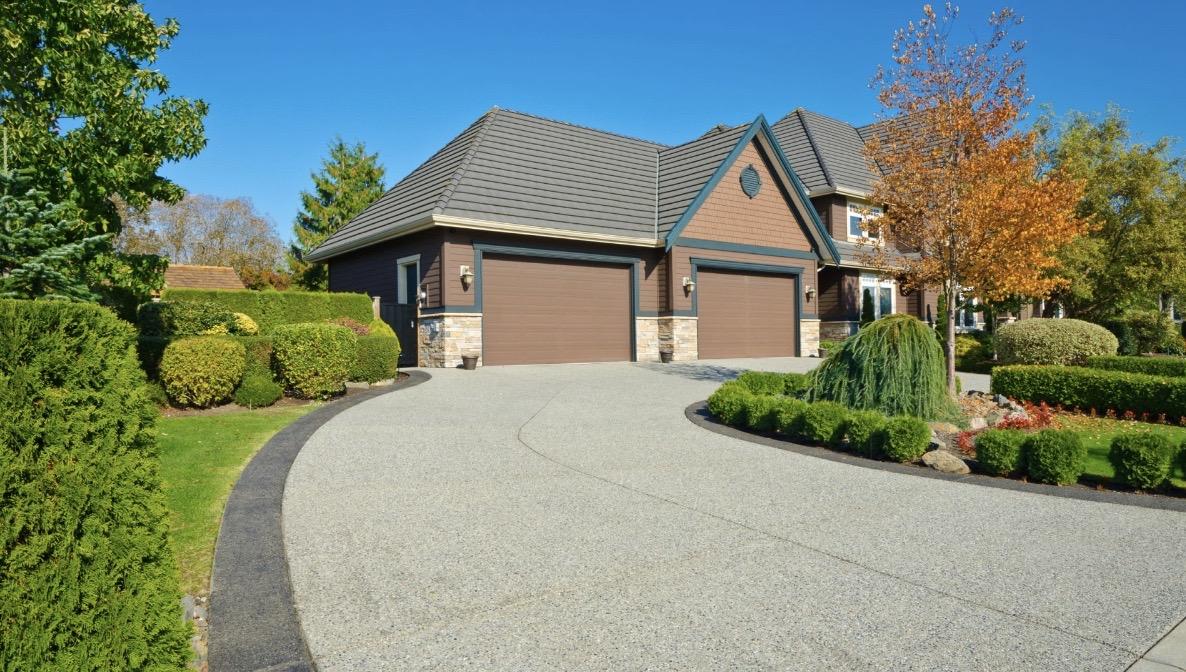
Welcome to the Hayward Concrete Solutions Blog Article Library, a valuable resource designed to connect homeowners like you with the world of concrete craftsmanship and innovation.
Our blog serves as a hub for those seeking inspiration and information about the remarkable potential of concrete in transforming your living spaces.
Whether you're planning a home improvement project, considering a renovation, or simply intrigued by the beauty of concrete, our library of articles is here to empower you with knowledge and insights.
Join us on a journey of exploration as we unveil the incredible possibilities of concrete and showcase the exceptional creations that await you.
At Hayward Concrete Solutions, we're not just a contractor; we're your partner in creating concrete masterpieces that enhance your home's beauty and functionality.
Hayward Concrete Solutions Article Library

Exploring the Downsides of a Concrete Driveway
Concrete driveways are renowned for their durability and longevity, but like any construction choice, they come with their own set of drawbacks that homeowners should consider. While concrete offers several advantages, including strength and low maintenance, it's important to weigh these against potential downsides before making a decision. Here’s a detailed exploration of the disadvantages of opting for a concrete driveway.
Initial Cost Considerations
One of the primary drawbacks of concrete driveways is their initial cost. While they are cost-effective in the long term due to their durability and minimal maintenance requirements, the upfront installation cost can be significantly higher compared to alternative paving materials such as block or brick paving. This initial expense can be a deterrent for homeowners, especially when covering large surface areas.
Repair and Maintenance Expenses
Concrete driveways, while durable, are not immune to damage. Over time, factors like heavy vehicle traffic, freeze-thaw cycles, and settling of the ground beneath can cause cracks or surface wear. Repairing concrete can be costly, especially for extensive damage or if the entire driveway needs resurfacing. Regular maintenance, such as sealing and crack repair, is necessary to prolong the driveway's lifespan and prevent minor issues from escalating.
Aesthetic Limitations
Although concrete driveways can be customized with various finishes and colors, they may lack the aesthetic appeal and intricate designs available with materials like brick or natural stone pavers. The appearance of concrete can be perceived as plain or utilitarian, which may not suit every homeowner's preference for a decorative driveway.
Potential for Cracking
Concrete is susceptible to cracking, particularly in regions with significant temperature fluctuations or poor soil conditions. While proper installation and reinforcement can minimize cracking, it remains a common issue that can detract from the driveway's appearance and structural integrity over time. Severe cracking may require professional repair or replacement, adding to the overall maintenance costs.
Longevity Concerns
While concrete driveways are durable and can last for several decades with proper care, their longevity can be influenced by factors such as subgrade preparation, drainage, and climate. In areas prone to expansive soils or frequent freeze-thaw cycles, concrete driveways may experience more significant wear and require earlier replacement or repairs compared to alternative materials.
Environmental Considerations
Concrete production is resource-intensive and can have environmental impacts due to the extraction of raw materials and energy consumption during manufacturing. While concrete driveways are recyclable and can contribute to energy efficiency by reducing heat absorption, their initial carbon footprint may be higher compared to more eco-friendly paving options.
Installation Challenges
Installing a concrete driveway requires careful planning and professional expertise. Improper installation can lead to issues such as uneven surfaces, poor drainage, or premature cracking. Ensuring proper subgrade preparation, adequate curing time, and appropriate thickness are essential to achieving a durable and functional driveway.
Conclusion
While concrete driveways offer durability, minimal maintenance, and long-term cost-effectiveness, they are not without their drawbacks. Homeowners considering concrete should weigh factors such as initial cost, repair expenses, aesthetic preferences, and environmental considerations before making a decision. Understanding the potential downsides allows for informed planning and proactive maintenance practices, ensuring that your concrete driveway remains an asset to your home for years to come. Whether you prioritize longevity, low maintenance, or aesthetic appeal, evaluating both the advantages and disadvantages will help you make the best choice for your driveway paving needs.
Contact Us
510-318-3114
3524 Breakwater Ave Ste. 107
Hayward, CA 94545
Service Hours
Mon-Sat: 6am-8pm
Sun: Off
Social Media
